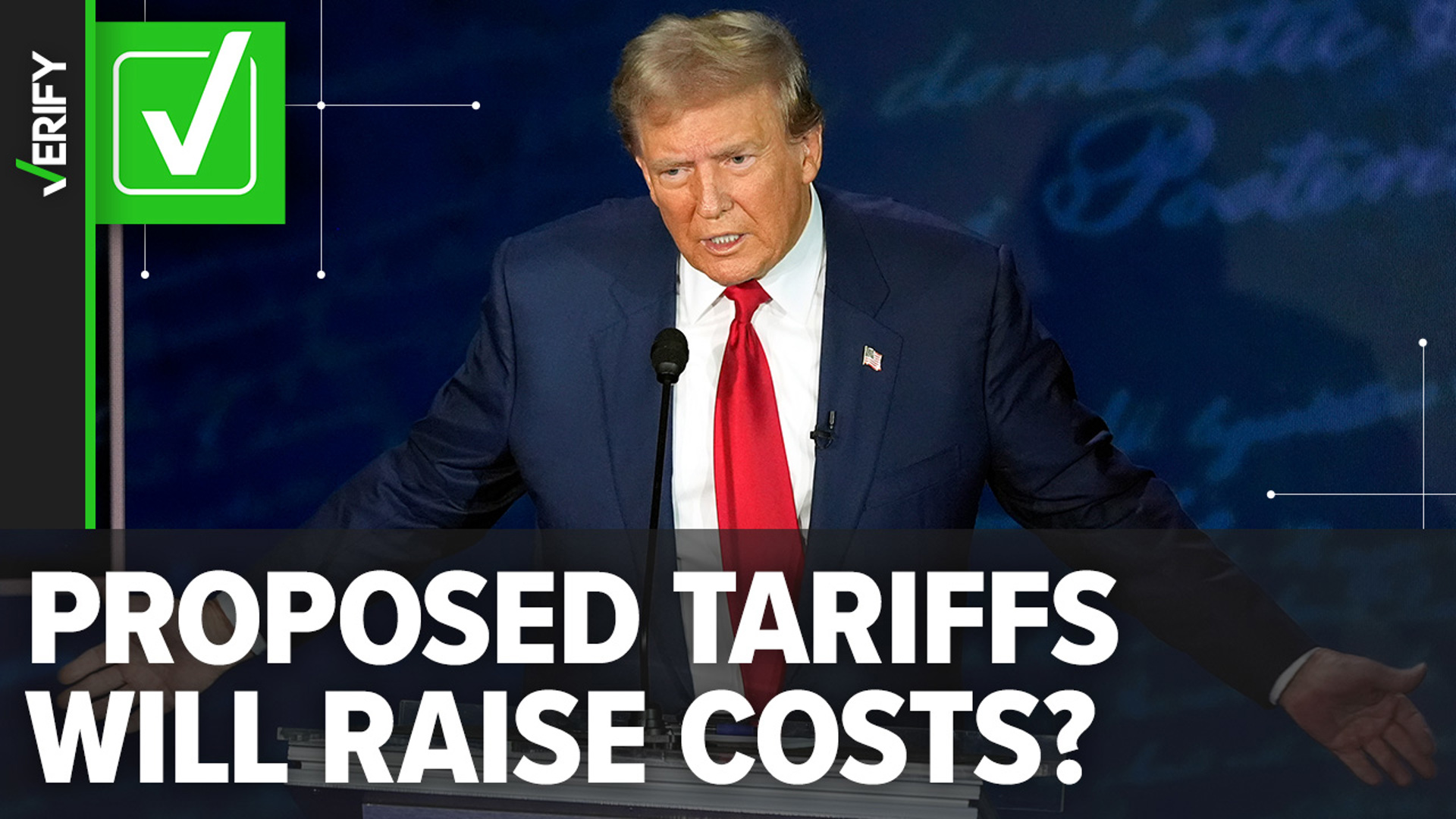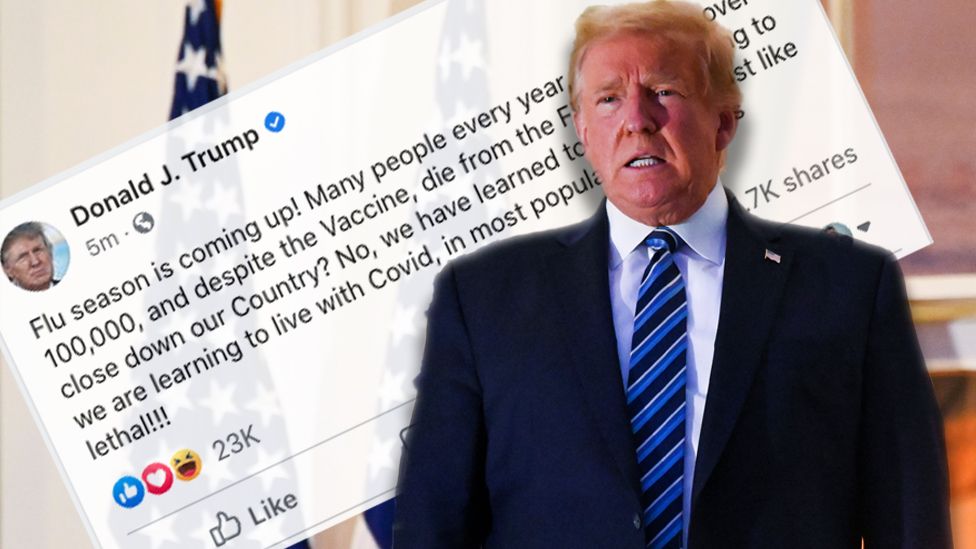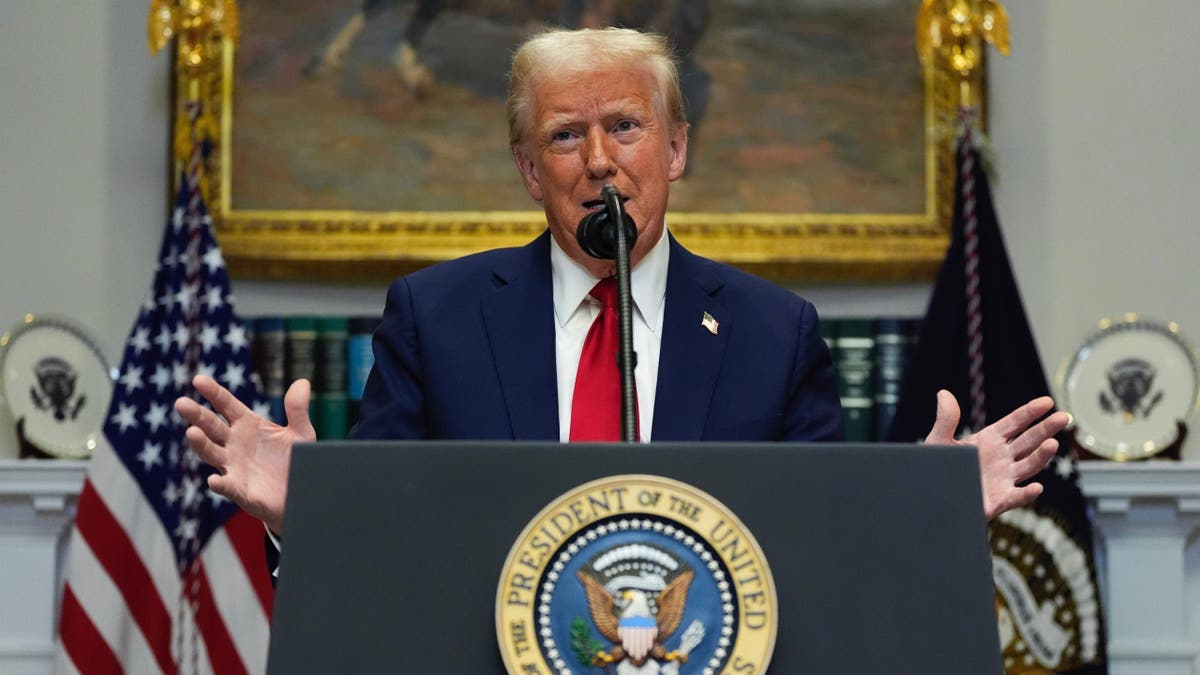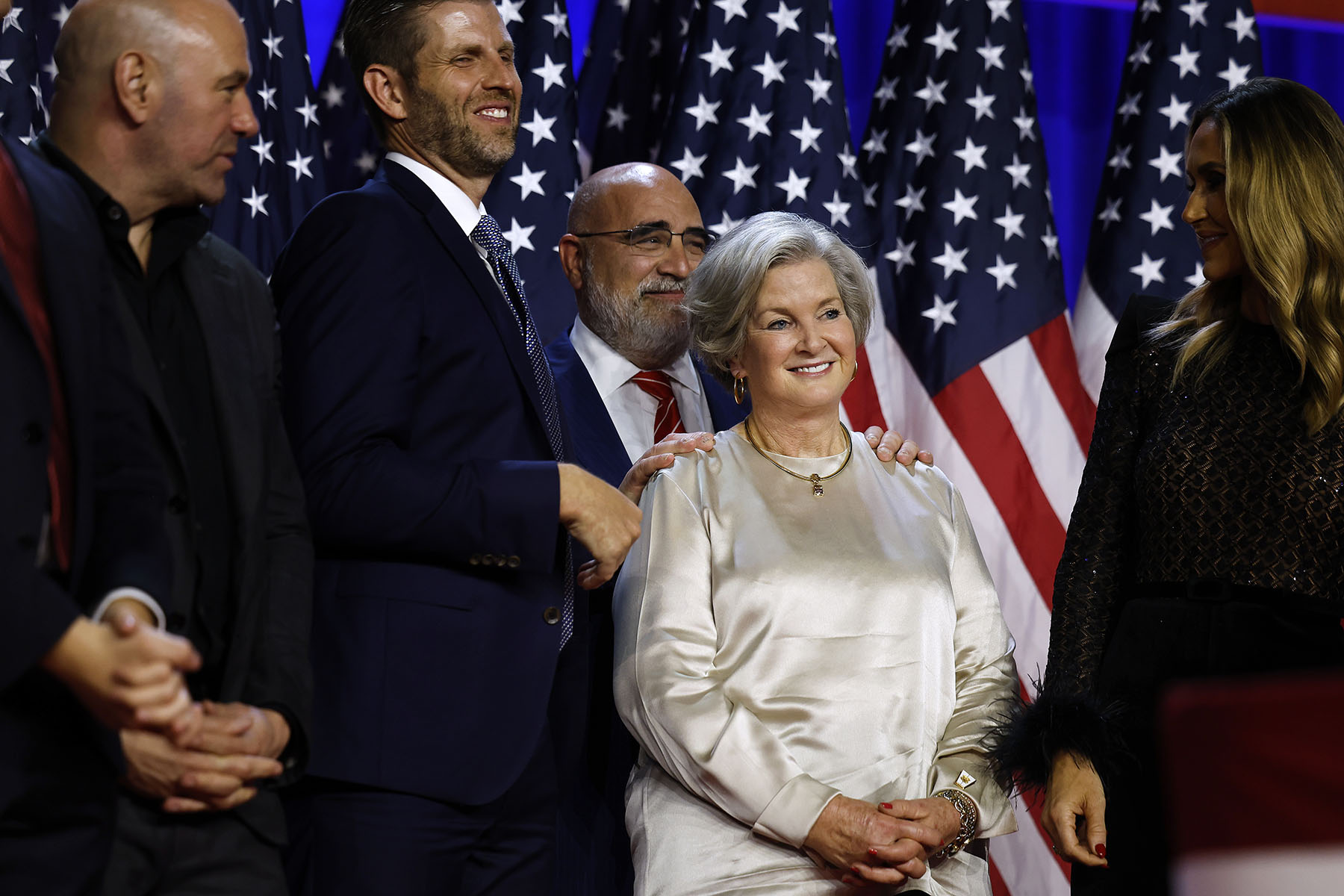ICE Director Addresses Increase in Arrests and Defends Agency's Actions

About the People Mentioned
Donald Trump
Donald John Trump, born June 14, 1946, in Queens, New York, is an American businessman, media personality, and politician. He graduated from the University of Pennsylvania’s Wharton School in 1968 with a degree in economics. In 1971, he took over his family’s real estate business, renaming it the Trump Organization, through which he expanded into building and managing skyscrapers, hotels, casinos, and golf courses. Trump gained widespread fame as the host of the reality TV show *The Apprentice* from 2004 to 2015, which helped establish his public persona as a successful entrepreneur. Trump entered politics as a Republican and was elected the 45th president of the United States, serving from 2017 to 2021. His presidency was marked by significant policy actions including tax cuts, deregulation, the appointment of three Supreme Court justices, renegotiation of trade agreements (notably replacing NAFTA with the USMCA), and a focus on immigration control including border wall expansion. He withdrew the U.S. from international agreements such as the Paris Climate Accord and the Iran nuclear deal, and engaged in a trade war with China. His administration’s response to the COVID-19 pandemic was criticized for downplaying the virus’s severity. Trump was impeached twice by the House of Representatives—first in 2019 for abuse of power and obstruction, and again in 2021 for incitement of insurrection—but was acquitted by the Senate both times. After losing the 2020 election to Joe Biden, Trump challenged the results, culminating in the January 6, 2021, Capitol riot. He remains a central figure in American politics, having won the 2024 presidential election and returned as the 47th president in 2025, continuing to promote policies aimed at economic growth, border security, and military strength[1][2][3][4].
About the Organizations Mentioned
U.S. Immigration and Customs Enforcement
U.S. Immigration and Customs Enforcement (ICE) is a federal law enforcement agency under the U.S. Department of Homeland Security. Founded in 2003 as part of a broader reorganization of national security and law enforcement functions following the 9/11 attacks, ICE's mission is to protect the United States from cross-border crime and illegal immigration. The agency is responsible for enforcing immigration laws, detaining and deporting individuals who are in the U.S. illegally, and investigating various crimes such as human trafficking and money laundering. ICE's history reflects its evolution from the former U.S. Customs Service and the Immigration and Naturalization Service (INS). It has been a crucial component in the U.S. government's efforts to manage immigration and border security. Key achievements include significant increases in deportations and the disruption of transnational criminal organizations. However, ICE has also faced criticism for its handling of detention facilities and deportation policies. Currently, ICE is at the center of discussions regarding immigration reform and border security. The agency has received substantial funding increases, with $28.7 billion allocated for fiscal year 2025 alone, marking a significant rise from previous years. This funding is expected to enhance ICE's capacity to detain and deport immigrants, with a focus on expanding detention facilities. Notable aspects of ICE include its role in creating what some describe as a "deportation-industrial complex," where increased funding supports a large-scale enforcement apparatus. Critics argue that this approach prioritizes detention over due process and humanitarian considerations, such as asylum claims. Despite these challenges, ICE remains a vital component of U.S. homeland security efforts, balancing enforcement with responsibilities to uphold legal and humanitarian standards. Its activities are closely monitored by lawmakers, advocacy groups, and the public, reflecting the complex and contentious nature of immigration policy in the U.S. today.















